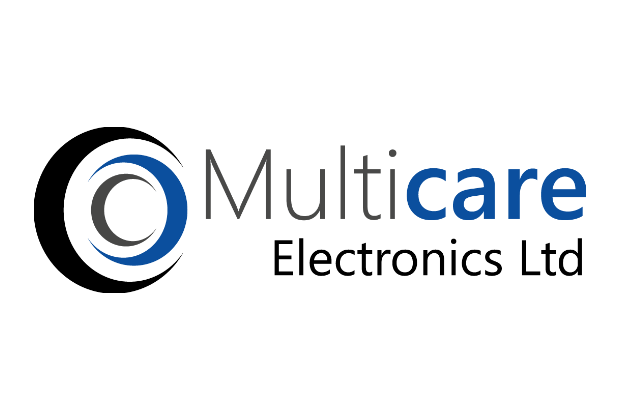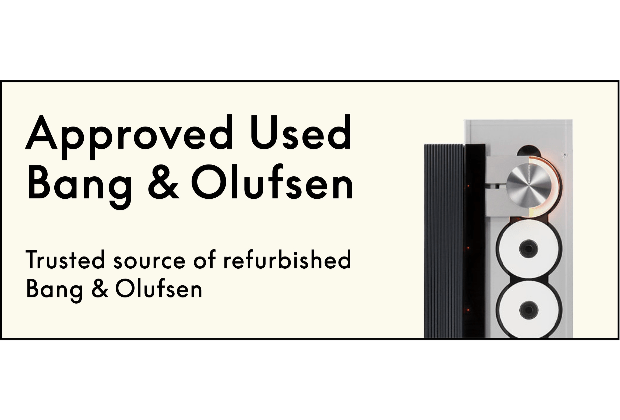Tagged: Beocenter 9500 Scratches
- This topic has 1 reply, 2 voices, and was last updated 8 months, 3 weeks ago by
Glitch.
- AuthorPosts
- 29 May 2024 at 12:08 #56056
Hello everybody!
Does anyone know how to remove scratches on mirror-like metal surfaces of the Beosystem 4500 (or Beocenter 9500)?
Is it possible to polish? If yes do you recommend some product and technique?
Thanks!
Attachments:
You must be logged in to view attached files.30 May 2024 at 14:13 #56084On jpoliv saidIs it possible to polish?
Technically, yes. Practically, no.
I believe that the finish on that is polished aluminum with a clear anodized coating. The anodizing is a very thin, hard, protective layer that is scratch resistant and eliminates oxidation. Any attempt at polishing would likely remove this layer before removing the scratch.
So technically, you could simply polish the panels. However, they would only look good for a short time before the getting scratched again and becoming dull from oxidation. This would start an endless cycle of constant polishing.
The recently polished panel could be top coated with something to protect it. The best choice for this is clear anodizing (which is not a DIY finish). There are many clear spray finishes that could be applied, but it won’t look the same as original.
Personally, I would just live with the scratches. If they really, really bother you… Buy a nicer, pristine example of the same piece of equipment. The cost of the new equipment could be offset by selling the scratched one and the money you saved by not messing with scratch removal.
Glitch
p.s. You can verify the finish by lightly touching the panel with a multimeter measuring ohms. The anodized layer is electrically non-conductive.
- AuthorPosts
- You must be logged in to reply to this topic.





